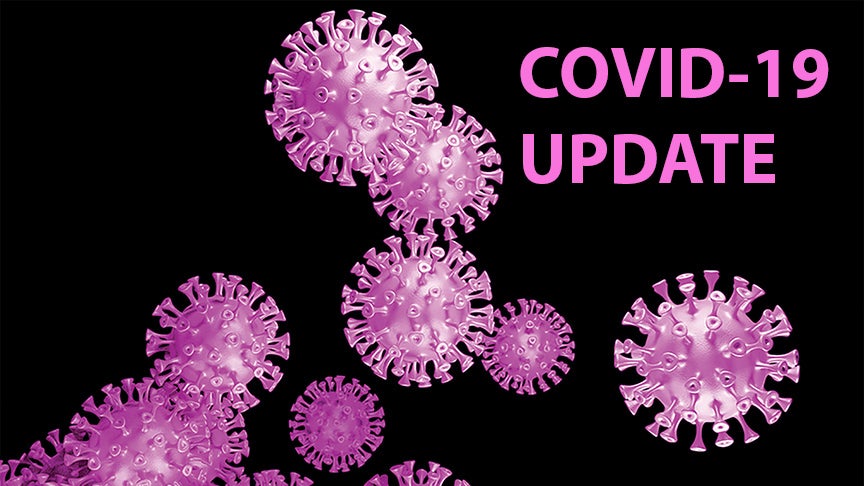COVID update: Lincoln County tops virus growth list in MS
Published 12:00 pm Wednesday, March 24, 2021

- Lincoln County COVID-19 Update
Lincoln is top on the list of the Mississippi State Department of Health’s High Incidence Counties for March 2-15.
Tracking counties with recent high numbers of cases, adjusted for population, provides insight on where local outbreaks are most serious and where protective measures should be increased. From Feb. 23-March 8, Lincoln County recorded 179 positive COVID tests, an increase of 5% over the previous two-week period — an average of 9.9 cases per day.
One new death and 17 new cases of the coronavirus COVID-19 were reported for Lincoln County Tuesday-Wednesday, bringing the county’s totals to 3,819 cases and 106 related fatalities.
Though five counties had greater numbers of positive tests, their totals represented a smaller percentage of the resident populations. These counties were Hinds, Harrison, DeSoto, Rankin and Jackson, each with a 2% increase.
The state recorded 387 more positive cases and four more deaths Tuesday, according to MSDH’s Wednesday data publication. There have now been 303,625 Mississippians with positive cases of the coronavirus, and 6,981 have died from virus-related causes.
As of Monday, the most recent data, 251 people were hospitalized across the state with confirmed coronavirus infections and 32 were in hospitals with suspected infections. Eighty patients were in intensive care units and 39 were on ventilators.
To avoid the spread of the virus, the best thing for people to do is to “keep their bubble small,” said King’s Daughters Medical Center Director of Marketing David Culpepper.
“It’s OK to hang out with family and to spend time outdoors without your mask,” Culpepper said, “but keep that bubble small.”
The most important step to take otherwise is to get vaccinated, he said. People should also continue to wear masks, avoid large gatherings, wash and sanitize their hands and continue to do the things that have worked to stop the spread of the virus.
“Getting the vaccine won’t solve the problem,” Culpepper said. “The vaccine is just another tool. You’ve got to continue to do these other things, too, and hopefully we can soon resume some type of normalcy.”





